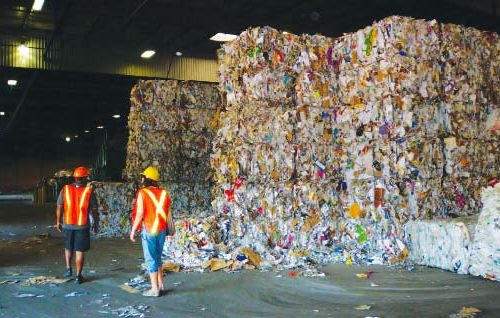Have you ever wished services were paid in a currency other than cash? Time banks offer an interesting solution that takes “time is money” seriously. This relationship model can create a harmonious environment as long as it’s done correctly.
How Time Banks Work
Think of time banking as giving out human dollars. Instead of monetizing services, it operates on equal-value exchanges and is highly focused on the minutes spent doing them. For example, you mow someone’s lawn for an hour. The time spent turns into credit under their account. They can use it to redeem assistance from you.
Time banking is similar to holding favors for one another since it focuses on reciprocating that assistance using units. Other analogies include neighbors helping neighbors and the idea of an eye for an eye.
However, the main difference is that time banking is spread across various members rather than through a one-on-one relationship. A coordinator is in charge of recording transactions to keep a log of the services requested and received, as well as the hours invested in those tasks.
Thus, you can do a task for persons A and B separately. When you redeem your credit on another project, people C and D will be assigned by the time bank’s manager to assist you instead. This intricate network enables members to interact with one another.
Keep in mind that time banking is also slightly different from a commune. The former focuses on giving and performing work for certain individuals, while the latter calls on people to do what’s best for the community, which may place a higher burden on people with higher capabilities.
Granted, similar forms of time bank exchanges fall within this category. For example, you can perform a task that helps multiple people, like starting a community garden or organizing a free library in a homeowner’s association.
Adopting this service-based currency has become quite popular. About 300 time banks were made in 40 U.S. states. They are also popular across countries like the United Kingdom, Japan, South Korea, and New Zealand. The figures may be higher, as some people may not register within the global collective but still adopt the same arrangement.
Considerations in Time Banking
Time banking is an effective alternative to the monetary system that society operates on. For one, it can give plenty of leeway to your finances. When you spend less than 50% of your income on needs, you can dedicate more toward your wants and savings.
This system also recognizes the value of everyone’s time. Each person only has 24 hours each day. Dedicating an hour or two for one person is a sacrifice. It warrants respect and reciprocation from others. It’s pretty far from corporate companies that view some people’s hours as less valuable than others, warranting lower compensation.
However, certain aspects of time banking require further assessment. For instance, time does not always equate to the effort put into it. For instance, repotting their garden plants takes an hour. It can take physical effort, but it’s nothing compared to more strenuous tasks like cleaning the gutters or extensive landscaping.
You must also remember that a time bank coordinator may create certain mismatches. For instance, instead of getting a person with common interests in your tasks, you get a less experienced and detached member. While you still get an hour of a person’s day for what you’ve given in the past, it’s still quite different from someone with experience or personal interest.
Problems may also arise from the construction of the time bank itself. A study on the decline of such organizations noted how one community was unable to rejuvenate its member base, with the average age becoming lower over time. There was also dominance in the number of women within the group, which may isolate men within the same space.
Creating a Sustainable Time Bank System
Time banking is still quite a viable system as it veers away from the biased monetization of services. What’s even better is it creates a more sustainable future, shifting away from materialism and cultivating a deeper relationship with humanity. However, it requires extra thought and planning to ensure a longer life span.
A sustainable system may depend on size. A working group can simply have five people at the core. However, you can increase the community by bringing in friends and acquaintances. Sometimes banks have over 100 people, while others have even a thousand.
However, if you want to start a collective yourself, focus on making a tight circle instead. It’s overwhelming to have too many people at once. Plus, time banking is so reliant on member interactions. Find people you’re comfortable with, those who hold the same beliefs and respect one another’s hours.
Trust is also a big factor in creating a time bank system. It’s especially important when you expand your network beyond just your loved ones. Only 40% of Americans are trusters who interact with their neighbors while 29% are non-trusters. Without trust, it’s hard to foster respect for one another’s time and cause disruptions within the system.
Use Up Your Human Dollars
Time banks are a good setup for people who want to regain their sense of community with the people around them. Just remember to foster your relationships to ensure the quality and sustainability of this setup. While service is the foundation, trust and determination make it last.
Jack Shaw is the senior Outdoors writer for Modded, a men’s lifestyle publication. An avid outdoorsman and lover of nature, he’ll often find himself taking retreats out to explore his environment and encourages others to do the same in ways that are sustainable and beneficial to the environment.
Image by valentinsimon0






